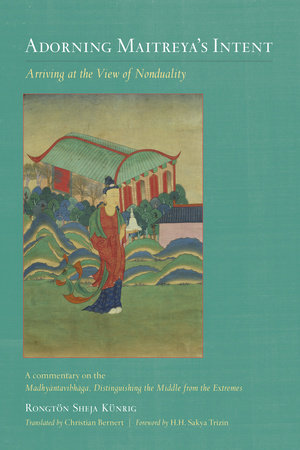

Adorning Maitreya's Intent
By Rongtön Sheja Künrig
Translated by Christian Bernert
By Rongtön Sheja Künrig
Translated by Christian Bernert
By Rongtonpa
Translated by Christian Bernert
By Rongtonpa
Translated by Christian Bernert
Category: Religion | Philosophy
Category: Religion | Philosophy

-
$24.95
Feb 21, 2017 | ISBN 9781611803662
-
Feb 21, 2017 | ISBN 9780834840393
YOU MAY ALSO LIKE
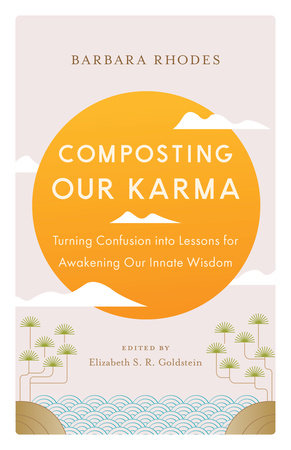
Composting Our Karma
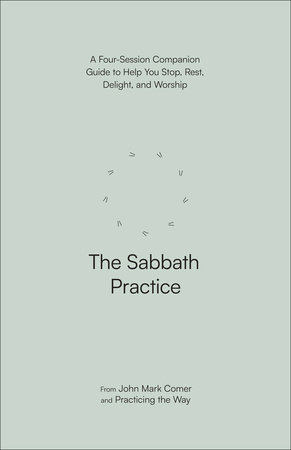
The Sabbath Practice
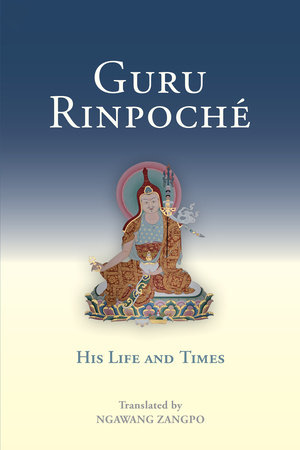
Guru Rinpoche

The Love Everybody Wants
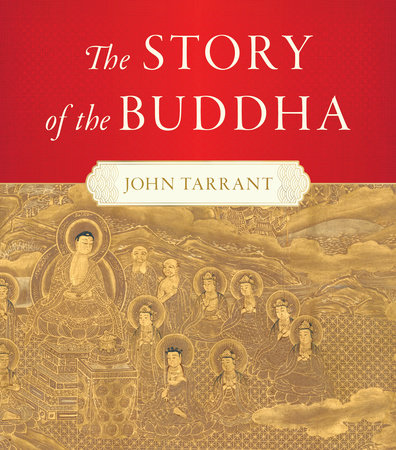
The Story of the Buddha
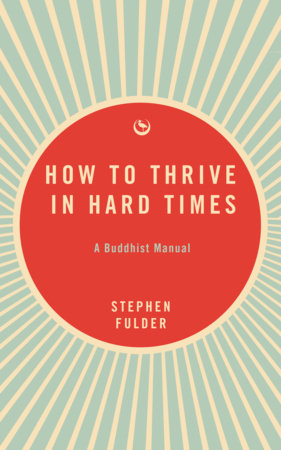
How to Thrive in Hard Times

Down to Earth Dharma

Thomas Keating
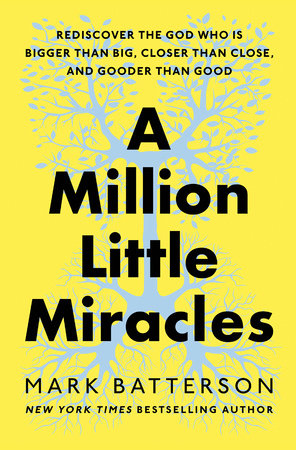
A Million Little Miracles
Praise
“In Adorning Maitreya’s Intent, Christian Bernert presents the first translation and study of a brilliant work by Rongtön Sheja Künrig (1367–1449), one of the greatest scholastic masters of the Sakya tradition of Tibetan Buddhism. In this commentary Rongtön explains Maitreya’s crucial Yogācāra treatise of Distinguishing the Middle from the Extremes (Madhyāntavibhāga). Bernert’s introduction is concise yet very lucid, bringing into sharp focus the history and fundamental concepts of Yogācāra philosophy and briefly discussing Rongtön’s life and works. His fine translation of Rongtön’s unbiased interpretation of Maitreya’s verses is careful, accurate, and accessible. This is an illuminating book.”
—Cyrus Stearns, author of King of the Empty Plain and The Buddha from Dölpo
“Christian Bernert’s translation of the commentary on Maitreya’s Distinguishing the Middle from the Extremes (Madhyāntavibhāga) by the famous Sakya scholar Rongtön Sheja Künrig (1367–1449) has rendered a valuable service to students of Buddhist philosophy. Maitreya’s text interprets the Prajñāpāramitā doctrine of emptiness in the light of the often neglected three-nature theory. On this Yogācāra interpretation, emptiness is restricted to the imagined nature, of which the dependent and perfect natures are empty. Because this view differed from the prevailing Madhyamaka interpretation, few Tibetan masters wrote commentaries on it. Rongtön’s commentary stands out for its detailed analysis of the variegated topics of Maitreya’s treatise following the strict logical format of Buddhist syllogisms. By offering a lucid translation and interpretation of the commentary and shedding light on its historical and doctrinal contexts, Bernert’s work makes a notable contribution to the field of Buddhist Studies.”—Klaus-Dieter Mathes, University of Vienna
21 Books You’ve Been Meaning to Read
Just for joining you’ll get personalized recommendations on your dashboard daily and features only for members.
Find Out More Join Now Sign In






